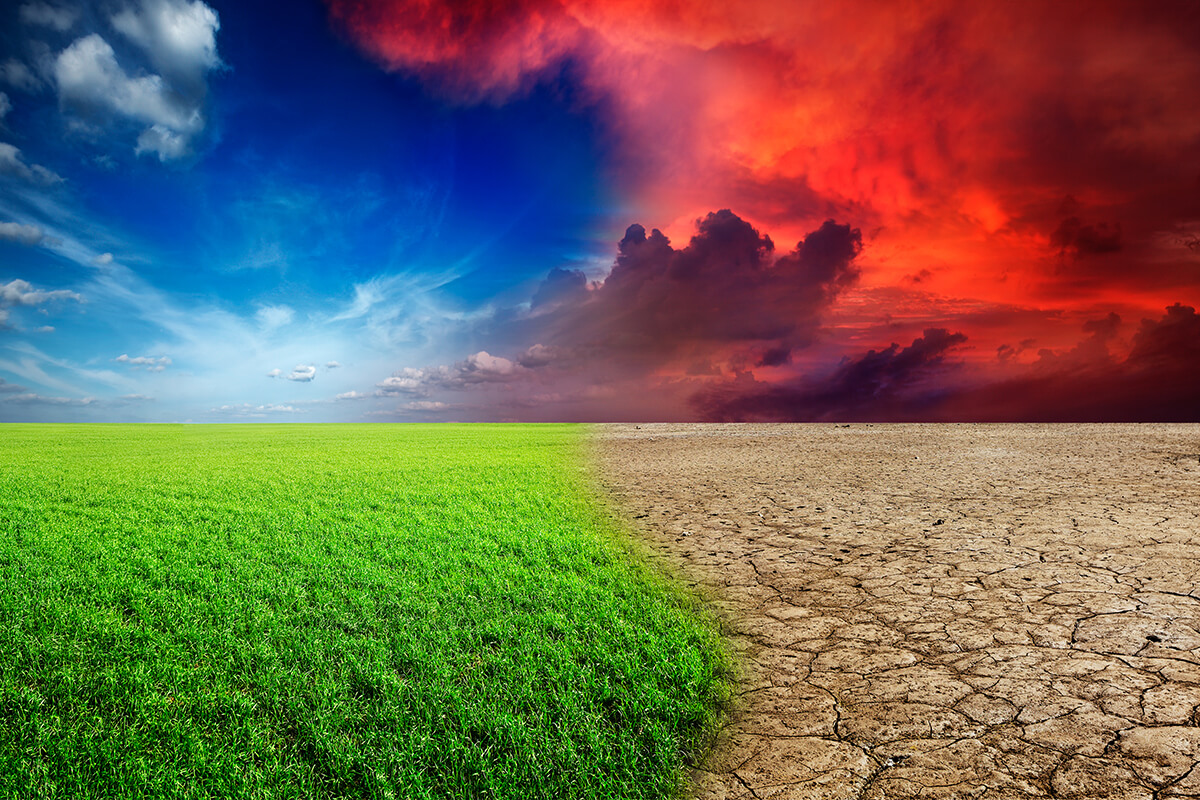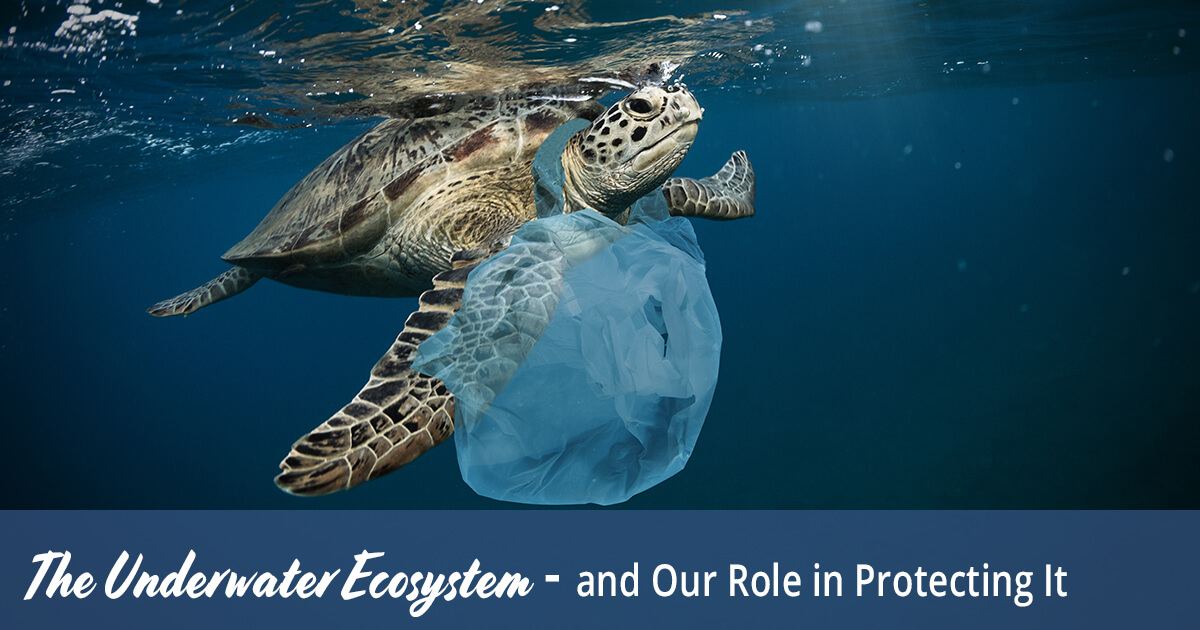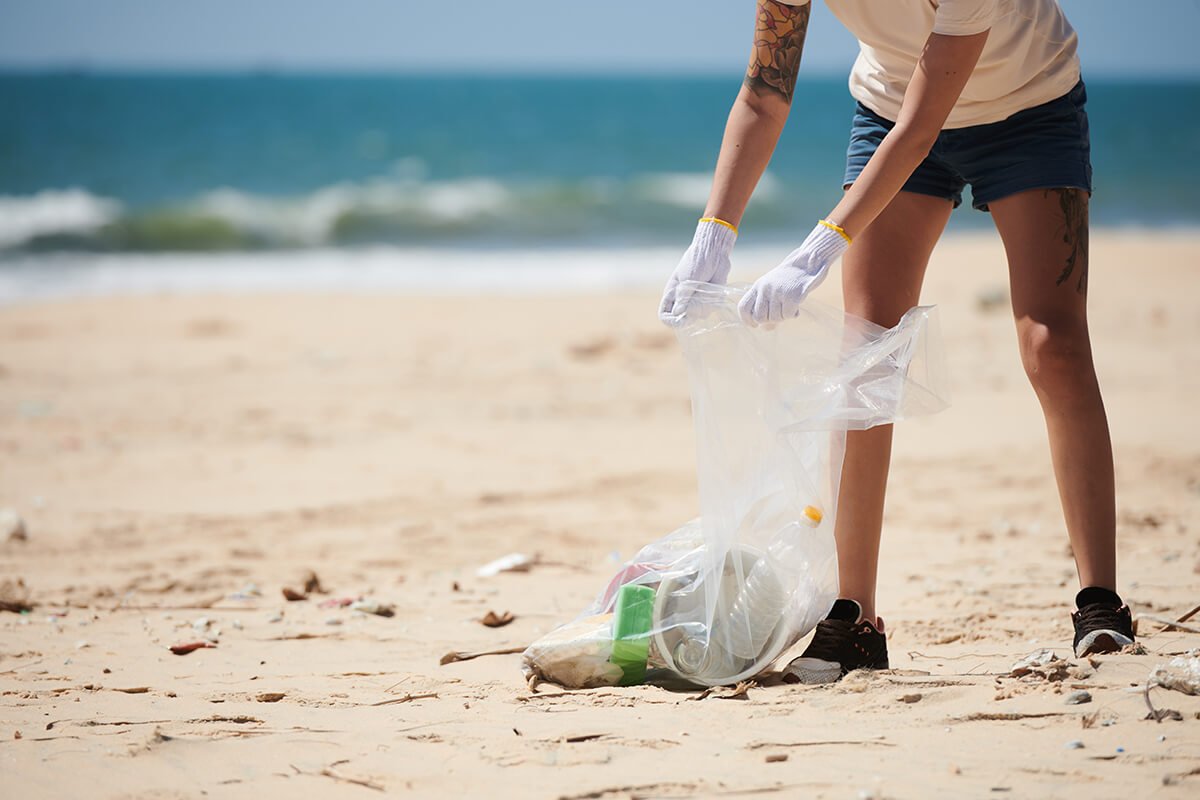Beneath the shimmering surface of the world’s oceans lies a mesmerizing and intricate realm that captivates the imagination of both scientists and adventurers alike: the underwater ecosystem. This hidden world, teeming with life and brimming with mysteries, plays a vital role in maintaining the health of our planet. However, as human activity continues to take its toll on the environment, it is imperative that we recognize the significance of the underwater ecosystem and take proactive measures to protect and preserve it for generations to come.
Unveiling the Underwater Ecosystem:
The underwater ecosystem, often referred to as the marine ecosystem, comprises a vast expanse of diverse habitats ranging from coral reefs and kelp forests to open oceans and deep-sea trenches. This ecosystem is a complex web of interactions where every living organism, from the smallest plankton to the largest whales, plays a crucial role. These interactions create a delicate balance that sustains life beneath the waves and has a direct impact on the overall health of our planet.
One of the most awe-inspiring elements of the underwater ecosystem is coral reefs. Often referred to as the “rainforests of the sea,” coral reefs are home to an astonishing array of marine life. They provide shelter, breeding grounds, and food sources for countless species, making them one of the most biodiverse ecosystems on Earth. Coral reefs also offer coastal protection from storms and act as carbon sinks, helping regulate the global climate.

Kelp forests, another vital component of the underwater ecosystem, thrive along coastlines and serve as crucial habitats and nurseries for various marine species. These towering underwater forests also play a vital role in carbon sequestration, absorbing carbon dioxide from the atmosphere and mitigating the impacts of climate change.
The Human Impact:
Despite their profound importance, the underwater ecosystem is facing unprecedented challenges due to human activities. Pollution, overfishing, habitat destruction, and climate change are among the major threats that are pushing this delicate ecosystem to the brink.
Pollution from land-based sources, such as plastic waste and industrial runoff, finds its way into the oceans, harming marine life and disrupting the ecosystem. Plastic debris, in particular, poses a severe threat, as it not only entangles marine animals but also breaks down into microplastics that can enter the food chain, affecting everything from tiny zooplankton to apex predators.
Overfishing is another critical issue. Unsustainable fishing practices, including bycatch and bottom trawling, lead to the depletion of fish populations and disrupt the delicate balance of marine ecosystems. The collapse of key fish populations can trigger a domino effect, impacting predators, prey species, and the overall health of the ecosystem.
Protecting the Underwater Ecosystem:
Recognizing the urgency of the situation, it is imperative that we take collective action to protect and restore the underwater ecosystem. Here are some steps we can take:
- Sustainable Fishing Practices: Implement and support sustainable fishing practices, such as establishing marine protected areas, setting catch limits, and promoting selective fishing techniques that minimize bycatch.
- Reducing Pollution: Reduce plastic waste by using reusable products, minimizing single-use plastics, and participating in beach cleanup initiatives. Support policies that regulate industrial pollution and promote waste management practices.
- Climate Action: Address climate change by reducing carbon emissions and supporting renewable energy sources. The healthier the oceans are, the better they can absorb and store carbon dioxide.
- Conservation Efforts: Support organizations and initiatives dedicated to marine conservation. These groups work tirelessly to preserve critical habitats, conduct research, and raise awareness about the importance of the underwater ecosystem.
- Education and Awareness: Educate yourself and others about the value of the underwater ecosystem. Spread awareness about the threats it faces and the actions that individuals and communities can take to make a positive impact.
- Responsible Tourism: If you’re fortunate enough to explore the underwater world through diving or snorkeling, prioritize responsible and eco-friendly tourism practices. Avoid damaging coral reefs and marine life, and respect local guidelines.
- Advocacy: Use your voice to advocate for stronger environmental policies and regulations at local, national, and international levels. Support initiatives that promote sustainable ocean management.
In Conclusion:
The underwater ecosystem is a breathtaking testament to the beauty and complexity of life on Earth. Its health is intertwined with our own, and as stewards of this planet, it’s our responsibility to ensure its survival. By taking meaningful steps to reduce our impact, promote sustainable practices, and raise awareness, we can protect the underwater ecosystem and ensure that it continues to inspire and sustain us for generations to come. The time to act is now, for the sake of the oceans, the creatures that call them home, and the future of our planet.







